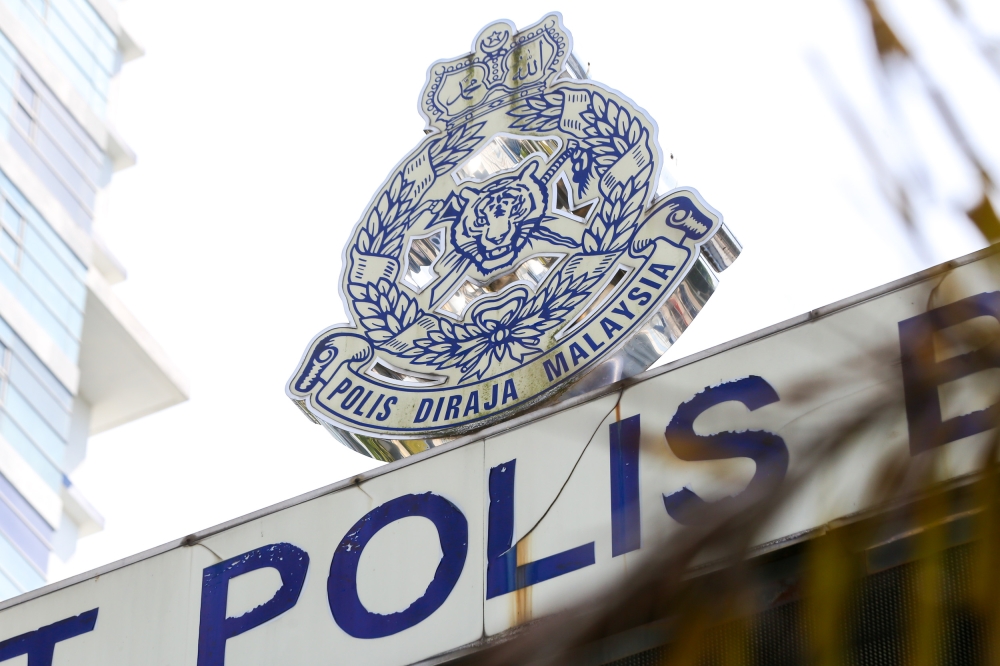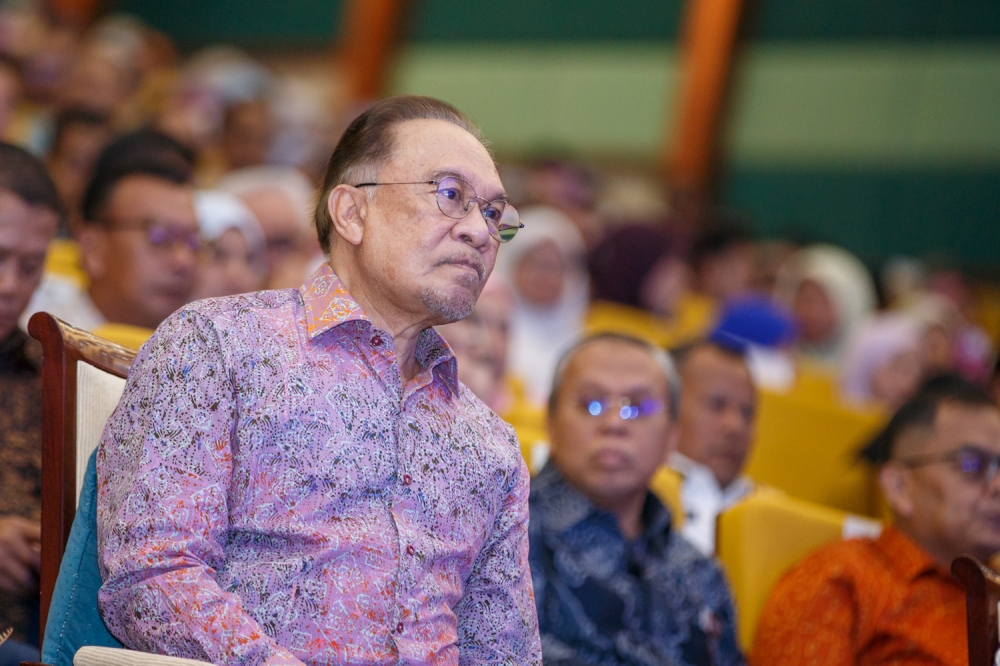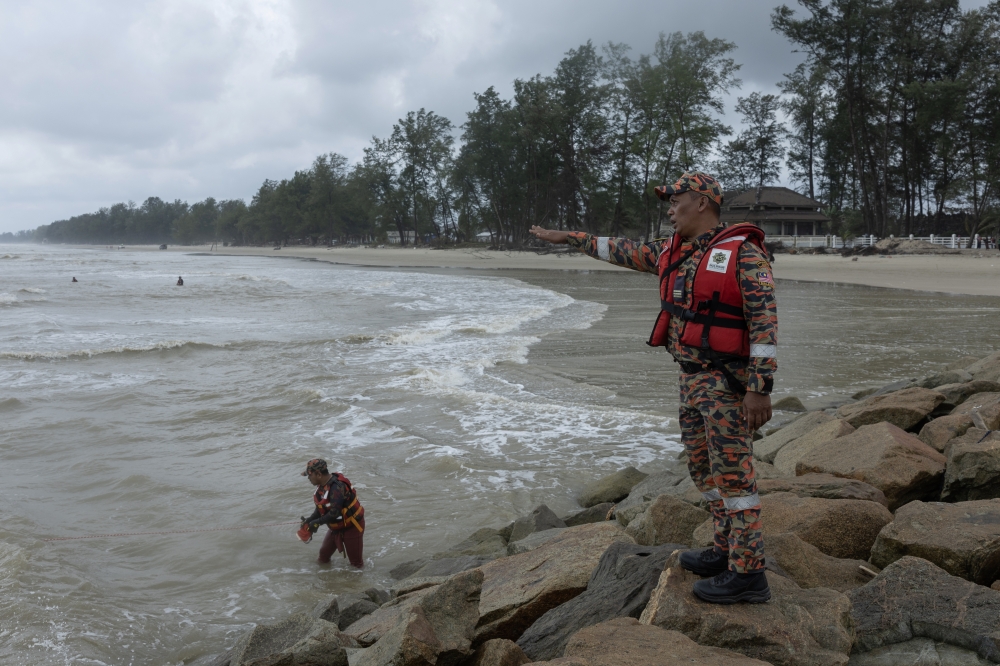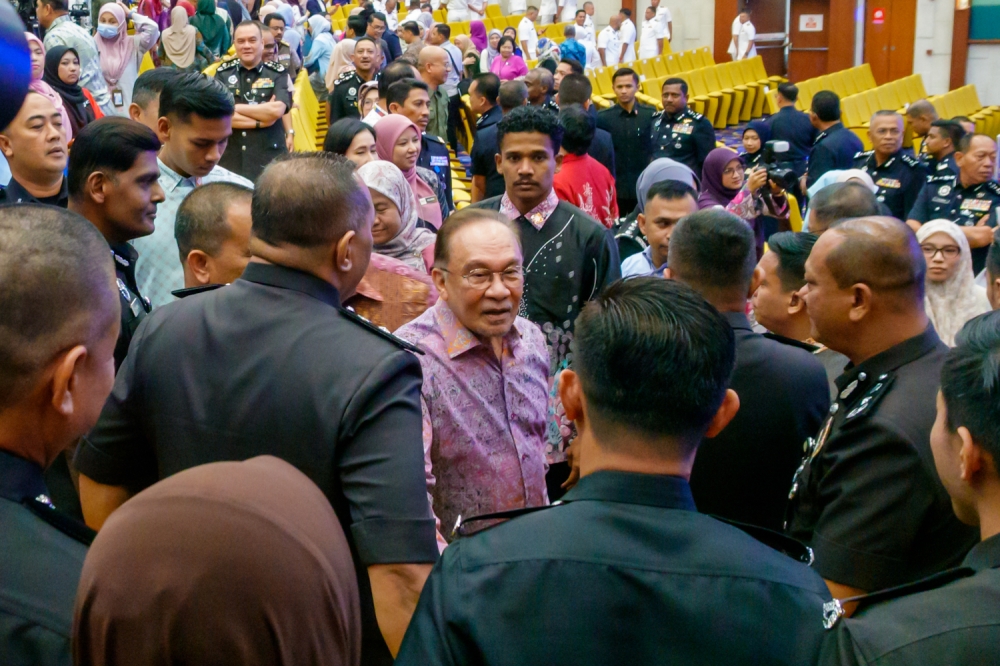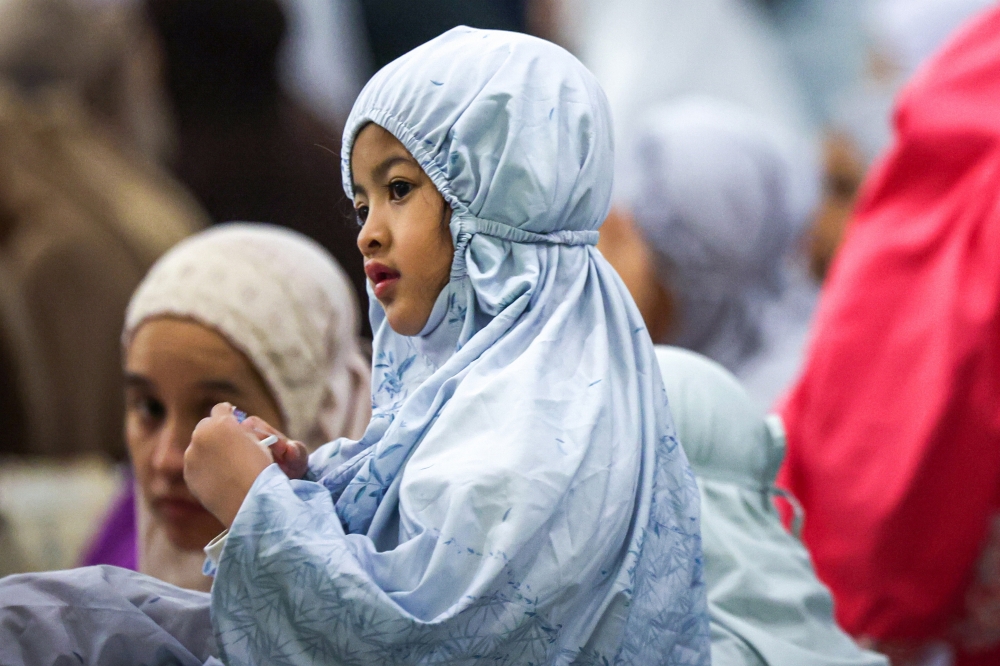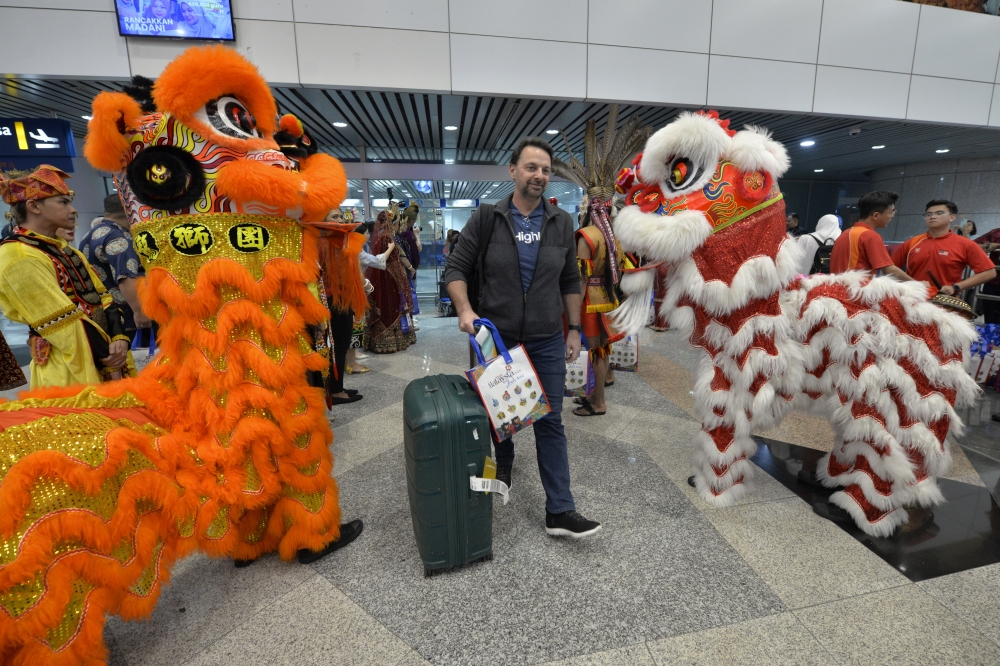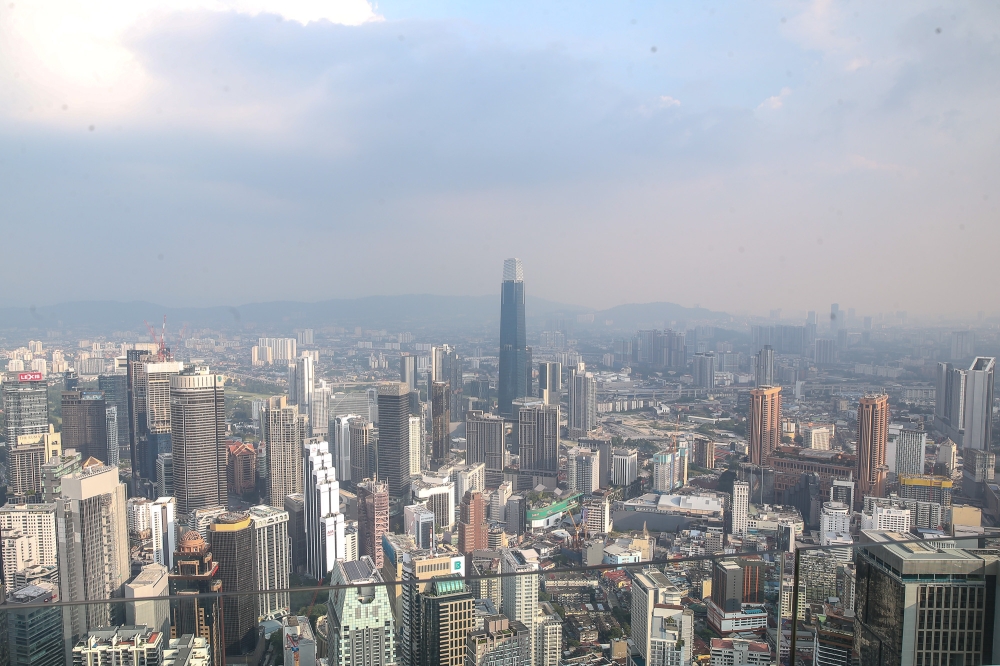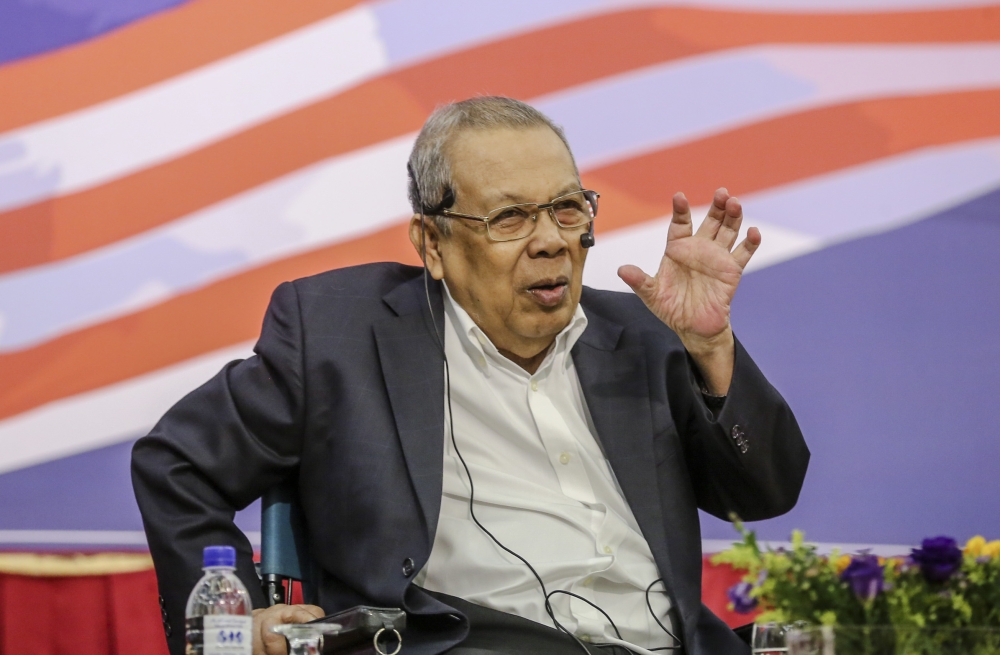KUALA LUMPUR, Sept 25 — A teenage boy born in Sarawak has failed in his bid to be recognised as a Malaysian citizen, as the High Court has ruled that his adoption by a Malaysian couple does not mean that he would then automatically be granted citizenship.
The teenager, identified only as L to protect his privacy, is currently stateless as he is not a citizen of Malaysia or any other country.
Born in 2002 in Sarawak to unknown biological parents, L was issued in 2017 a red-coloured birth certificate where he was registered by the Regional Registrar of Births & Deaths Sarawak as a “non-citizen”, instead of the usual green-coloured birth certificate for citizens.
He was then lawfully adopted in 2018 by his Malaysian parents in Sarawak under a state law known as the Sarawak Adoption Ordinance.
In March this year, the child had via his adoptive parents filed a lawsuit via an originating summons against three parties — National Registration Department’s director-general, the home minister and the government of Malaysia — in a bid to seek a declaration that he is a Malaysian, as well as for him to be issued a new birth certificate that records him as a citizen and to also be issued a MyKad.
The Sarawak adoption law argument
Lawyer Eric Toh, who represented the teenager L, said High Court Datuk Seri Mariana Yahya had yesterday examined a provision in the Sarawak state adoption law and ruled that the rights that a child adopted in Sarawak would get upon adoption does not include taking on the adoptive parents’ citizenship status.
“The child was adopted by Malaysian citizens, both are Sarawakians. So we tried to apply under the Sarawak Adoption Ordinance — which is a bit different from the Adoption Act in Peninsular Malaysia.
“We argued that the Sarawak Adoption Ordinance said that the rights of an adopted child is similar as if he was born in wedlock to these Malaysian parents, so similar to a legitimate child. But the court said in the particular section, there’s a specific restriction on the rights given to the adopted child, whereby it says it is limited to the obligation and estate of the adopting parent.
“So [the judge] said, it doesn’t grant citizenship to the child after adoption, unlike certain other countries — which says once you are adopted, you can get citizenship for that child — like Australia,” Toh yesterday told reporters when met outside the courtroom after the High Court decision was delivered in chambers.
L’s lawyers had previously argued that Section 2(2) of the Sarawak Adoption Ordinance would mean that an adopted child should be treated as if he were born to the adoptive parents and that he should take on their nationality, instead of being rendered stateless or take on a different nationality due to his biological parents.
Under Section 2(2), it was stated that an adopted child shall have the same standing as a child born in wedlock to the adopting parent or parents, and shall have all the rights and privileges of a legitimate child in respect of the obligations and estate of the adopting parents.
Toh explained that L’s lawyers were arguing that Section 2(2) has two separate limbs that operate independently where the first part states the adopted child’s same position as a legitimate child born to the adoptive parents, while the second part would then accord such an adopted child the same rights and privileges that a legitimate child born to the adoptive parents would get.
“But the court seems to suggest that the second part is limiting the rights, the first part, because the second part only talks about obligation and estate, doesn’t talk about citizenship. That’s why the court said cannot grant under the Sarawak Adoption Ordinance as well, because it doesn’t expressly say so,” he said.
While adoption laws in some other countries may specify that the adopted child would either take on or not be granted the same citizenship as their adoptive parents, Toh noted that Malaysia’s adoption laws including the Adoption Act and the Sarawak Adoption Ordinance is silent on the matter of citizenship for adopted children and that the court has interpreted this to mean that the adopted child would not automatically take on the adoptive Malaysian parents’ citizenship.
As part of the argument that hinges on L’s adopted status, his lawyers had also previously argued that he is a citizen by operation of law via Article 14(1)(b) of the Federal Constitution and Section 1(a) of Part II of the Federal Constitution’s Second Schedule.
Section 1(a) provides that every person born within Malaysia would be a citizen, if at least one parent is either a citizen or permanent resident at the person’s time of birth.
Citing a previous citizenship case at the Court of Appeal among other things, L’s lawyers had previously argued that the word “parents” in Section 1(a) should be interpreted to include adoptive parents instead of being narrowly limited to biological parents. L’s lawyers had paired this argument with their arguments on Section 2(2) of the Sarawak Adoption Ordinance to say that he should be recognised as a Malaysian citizen.
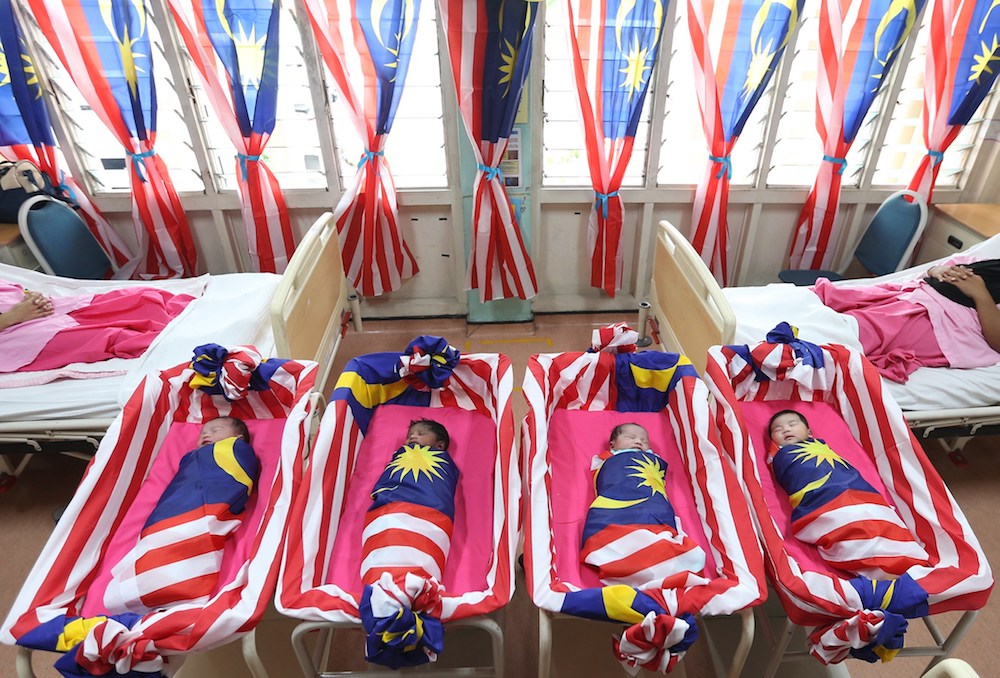
The other argument
Another argument that L’s lawyers had made in his lawsuit was that he should be recognised as a citizen by operation of law, via Article 14(1)(b) of the Federal Constitution, read together with Section 1(e) and Section 2(3) of Part II of the Federal Constitution’s Second Schedule.
Section 1(e) provides that every person born within Malaysia who is “not born a citizen of any country” is a Malaysian citizen by operation of law, while Section 2(3) states that a person is to be treated as having at birth any citizenship which he acquires within one year of their birth.
The argument made by L’s lawyers is that these two provisions would mean that anyone born in Malaysia — but who does not become a citizen of any other country within one year of their birth — would be a citizen of Malaysia under the law.
But just as in the case of Johor-born 36-year-old woman Tan Soo Yin where her lawyers had used the same argument, the High Court had yesterday dismissed L’s reliance on the Section 1(e) provision due to the principle and legal precedent in other court cases where Malaysia-born individuals seeking to be recognised as Malaysians were required to find out their biological parents’ identity and nationality.
Toh confirmed that attempts had been made to identify L’s biological parents, but said this was unsuccessful.
“Yes of course, we tried to find information from the hospital where he was born, but there was also no information. The hospital said no information,” he said of a hospital in Sarawak.
Based on previous court documents, L’s lawyers had argued that there was no requirement under Section 1(e) for the child to determine the identity and nationality of his biological parents, and that the only requirement was to prove that the child had not become a citizen of any country within one year of his birth.
But the court documents also stated that L’s adoptive parents had in good faith still made attempts to find his biological parents, including by placing newspaper advertisements in local newspaper The Borneo Post but with no response received so far, as well as to find the child’s records at the hospital he was born at.
Despite the best efforts of the adoptive parents to discover L’s biological parents’ information, the child’s biological parents’ identity and location remain unknown, the court documents had said.
Despite being born in Malaysia and adopted by Malaysian citizens, L’s non-citizen status would result in him being deprived of right and benefits that Malaysians would typically enjoy, including the right to public education, government-provided medical subsidy, opening a bank account, using other banking facilities, buying insurance policies, buying properties, obtaining a passport and having the freedom to travel abroad, the court documents said.
With his two siblings born to his adoptive parents being Malaysians while he remains a non-citizen, L’s lawyers had in court documents argued that the difference in citizenship status would make it clear to the teenager that he is adopted and have a negative psychological impact on him, while also affecting his sense of belonging to his family and community.
The lawyers had also argued that L would be deprived of the constitutional right — under the Federal Constitution’s Article 8(1) — to equal treatment before the law, where he is not on equal footing and has different citizenship status with his siblings despite all of them being legally recognised as his adoptive parents’ children.
Lawyer Raymond Mah also represents L’s family. When met yesterday outside the courtroom, federal counsel Istisyhad Ismail who represented the government had confirmed that the High Court had rejected L’s citizenship bid.



